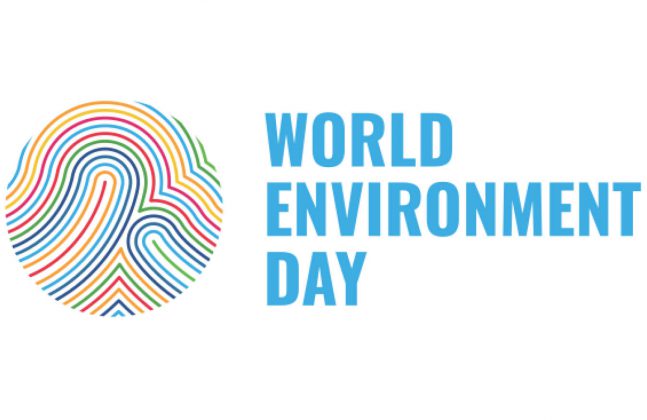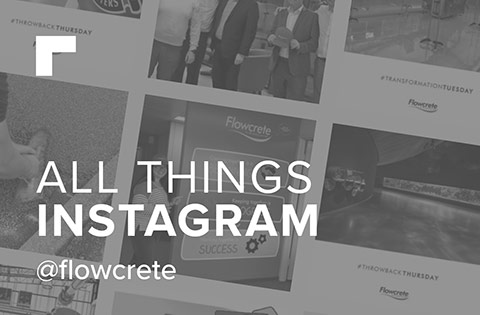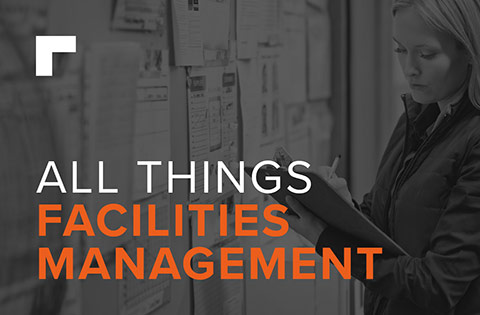World Environment Day began in 1974, and has since become a widely celebrated day for awareness and action in the protection of our environment. Each year, there is a theme that focuses attention on a specific environmental concern. This year on Tuesday June 5th, with studies such as ‘Human footprint in the abyss: 30 year records of deep-sea plastic debris’ finding that single-use plastic has reached the world’s deepest ocean trench, the theme is beating plastic pollution.
Beating Plastic Pollution
In order to beat plastic pollution, every sector needs to play its part. Case studies in the news lately have included swapping plastic straws for paper straws in bars and restaurants, a charge for take-away plastic coffee cups and swapping plastic packaging and carrier bags for paper or reusable alternatives. With this concept of reuse or recycle, the number of single-use plastic items can be reduced in order to decrease the detrimental affects of plastic on the environment.
This does not stop with plastic bags however; the flooring industry uses plastic packaging in a similar way to most industries. Luckily, companies such as Flowcrete UK have made drastic changes to ensure that they are being much more environmentally friendly.
Where possible, Flowcrete UK use re-usable UN Certified Intermediate Bulk Containers (IBC’s) or recyclable drum containers when supplying materials. In order to keep the number of non-reusable packaging and waste low, these materials are also supplied in bulk when possible, in preference to small packed items.
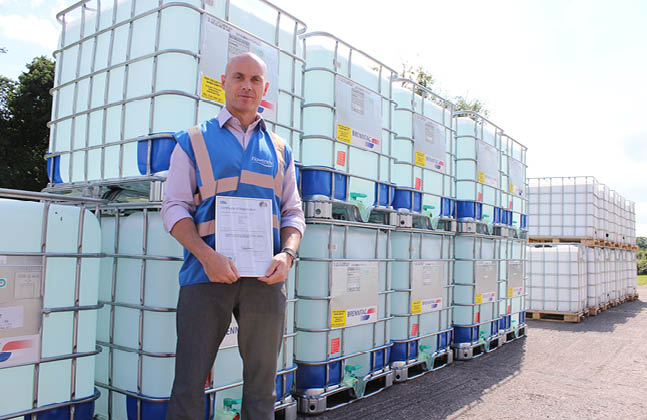
Flowcrete UK’s Stuart Hutton with ISO 14001:2015 environmental management system certification
A reduction in plastic packaging is not the only change that Flowcrete UK have made in order to be more environmentally friendly. Products such as terrazzo now include recycled products from heavy industry waste streams, such as pulverised fuel ash (PFA) and ground granulated blast furnace slag (ggbs). Recycled glass and mirror glass aggregates are also used.
What’s more, Flowcrete UK attained the ISO 14001:2015 environmental management system certification thanks to its dedication to sustainable, environmentally friendly working practises. Flowcrete UK’s EHS & Compliance Manager, Stuart Hutton, said: “This achievement represents a lot of hard work and commitment from the team here at Flowcrete UK. This accreditation will not only drive a positive change in our activities and processes but will also mark a step change in the culture of Flowcrete UK which will help support our growth in the future.” Year to date, the company has recycled over 130 tonnes of general waste, which ordinarily would have been taken to a landfill site, further heightening their achievements in environmental management.
Even recyclable materials that have reached the end of life in their current form are reused at Flowcrete HQ. An IBC garden was created by the Flowcrete Group Marketing team to add colour to the car park and brighten up visitors’ days. The striking garden is weighted with recycled aggregate that would have otherwise been thrown away, topped with compost and is home to Lupins, Ivy and Freddie the Gnome.
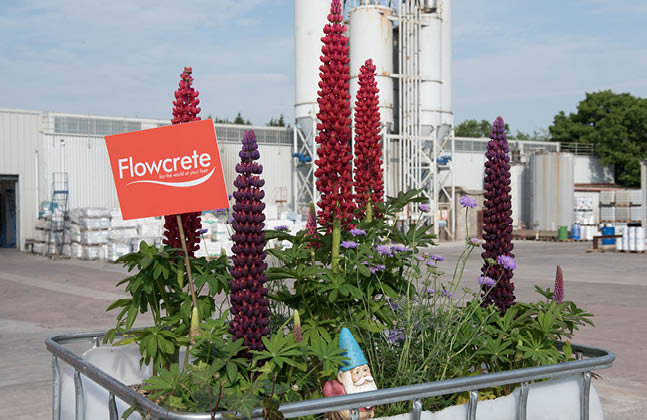
Flowcrete Group Marketing’s IBC Garden with pride of place at Flowcrete HQ
Offer Sustainable Solutions
Within the flooring industry, it is great to be able to give clients the choice of using recycled materials in products, to increase sustainability. Sustainability is a very hot topic in the construction industry currently, with suppliers, architects, builders and owners regularly touting green credentials. One big name that many will use to support these claims is LEED®, or Leadership in Energy and Environmental Design, a rating system set up by the U.S. Green Building Council (USGBC) to assess the environmental credentials of a building, and validate sustainable building strategies and practices used in the design, construction and operation of said building.
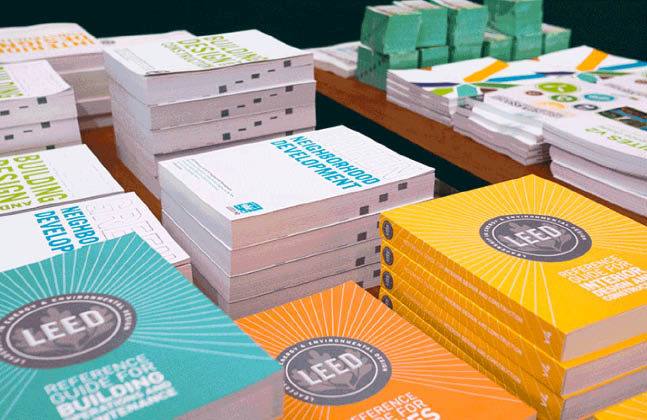
Be a LEED® leader
Some of the prerequisites of becoming LEED® certified are; ‘clean construction’, ‘innovation’ and ‘optimize energy performance’ and being able to show evidence of meeting these prerequisites allows a company to build up points. LEED® certification comes only with 40-49 points, whereas a Platinum certification comes with 80+ points. Flooring suppliers who can offer products that contain recycled materials, such as Flowcrete UK, can help clients to qualify for certification too.
Using reusable IBCs, maintaining sustainable working practices and sourcing materials from local suppliers are all ways to beat plastic pollution and reduce an overall carbon footprint. If you’d like any further information on any of the details outlined in this article, please comment below.

